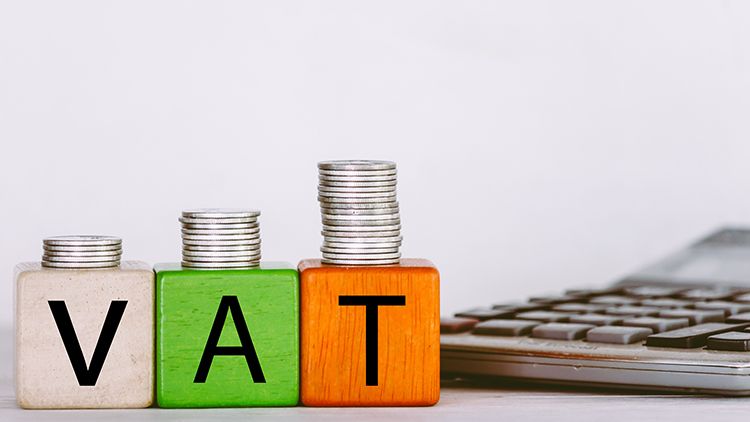by Unitedvat
Posted on Nov 07, 2017

UAE has till now considered a tax-friendly nation, resulting in the establishment a lot of local and multinationals to set up their organizations here. Soon a new taxation system will be imposed on the business and customers alike in the form of Value Added Tax (VAT), confirmed by the Ministry of Finance, UAE. The Tax Procedures Law issued by the ministry laid down the foundation for the planned UAE tax system, regulating the collection of taxes and defining the role of the Federal Tax Authority.
The announcement from the Ministry of Finance is likely to boost up the state revenue by the introduction of the new taxation system. This news comes at a time when the data released by the International Monetary Fund (IMF) showed that the fiscal deficit of 2.3 percent of gross domestic product from a 5.0 percent surplus last year, primarily the after-effects of the drop in oil prices. Some analysts even came up with a conclusion that IMF played a pivotal role in paving the way for this new taxation law.
The Ministry's stance on the introduction of the VAT is quite optimistic and they believe that it will eventually make the economy more robust and sustainable, but a lot of organizations and small ventures are bewildered with the announcement as they are yet to understand the details of VAT implementation.
Some analysts and economists have questioned the timing of the implementation, while others opposed to the complexity of it. Among the general audience, it has seen a positive response.
VAT will be imposed on all goods and services at a standard rate of 5%, though certain medical, healthcare and charity items and services are exempted from it.
The UAE, along with the other five Arabian Gulf states, agreed to slap VAT and excise taxes GCC-wide as part of measures aimed at shoring up government income, diversifying government revenues as economies adjust to lower oil prices and ensuring more efficiency in the economy. The IMF said in October 2015 that the Gulf states would have a combined fiscal deficit of between 2015 and 2019 that would exceed US$700 billion if they did not undertake reforms.
VAT is expected to yield Dh12bn in the first year of its implementation and up to Dh20bn during the second year.


